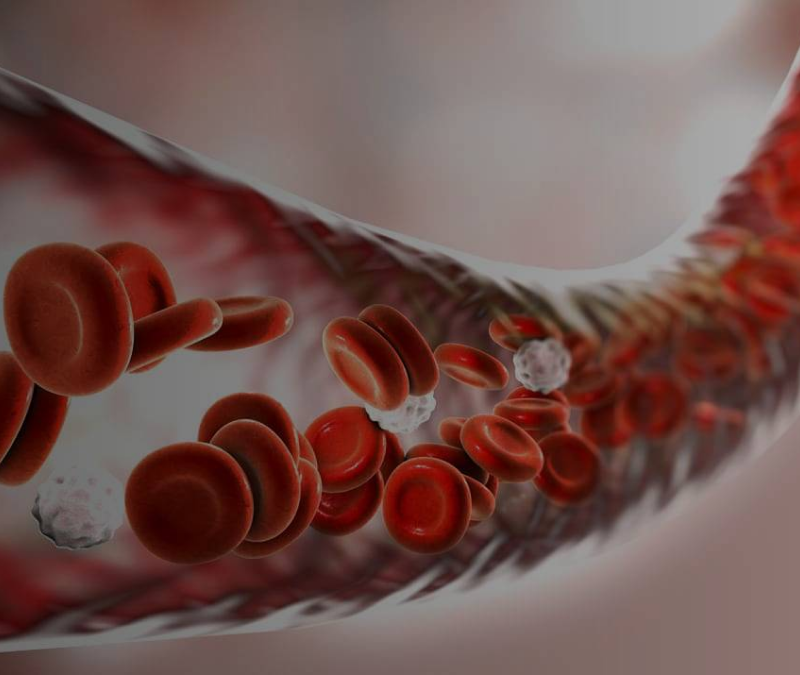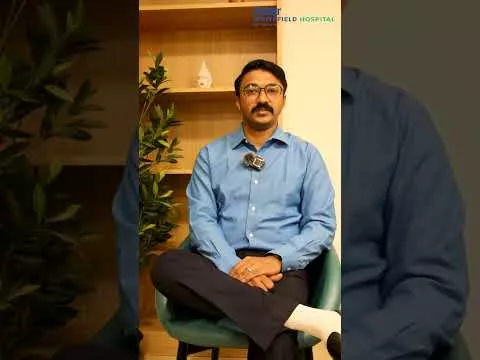When a problem of the vascular system requires intervention in the blood vessels, such as wall repair, blockage removal, and rebuilding, it is referred to as vascular surgery. To treat various vascular illnesses, experts need both technical know-how and surgical skills. All vascular illnesses must be diagnosed, treated, and managed by vascular surgeons as a whole.
An extensive array of therapies, including medicinal, open surgical, and endovascular therapy of vascular illnesses, are offered by the Department of Vascular and Endovascular Surgery at Aster Whitefield. The department provides state-of-the-art care for vascular disorders such as aortic and peripheral aneurysms, long-segment arterial occlusive diseases of the abdomen and lower extremities, and open and endovascular Carotid treatments. The department also specializes in addressing a wide spectrum of venous issues affecting the extremities and abdominal region. Our expertise extends to minimally invasive laser therapy for varicose veins in the lower limbs, sclerotherapy, the placement of IVC filters, and thrombolysis to manage blood clots in the peripheral vasculature and much more.
Equipped with state-of-the-art infrastructure the department can perform high-end and complex vascular interventions. The infrastructure of the department includes modern equipment, such as a 3D angiography system, that provides high-resolution imaging to quickly diagnose and repair any damage to the blood vessels. Additionally, the department has an experienced team of surgeons and anesthesiologists who are highly trained in performing emergency surgeries of this nature.
Vascular Diseases & Conditions
Our department offers a comprehensive range of treatments for various peripheral vascular diseases, encompassing conditions such as:
- Peripheral Arterial Disease
- Aortic Aneurysm
- Carotid Artery Diseases
- Varicose Veins (enlarged and twisted veins in the lower extremities)
- Emergency Intervention for Acute Limb Ischemia (sudden blockage of blood flow to the limbs)
- Deep Vein Thrombosis (DVT)
- Emergency Surgical Interventions for Vascular Trauma
Treatments & Procedures
The Vascular and Endovascular Surgery department offers a wide array of treatment procedures, including:
- Angioplasty and bypass surgeries for peripheral arterial diseases in the lower limbs.
- Minimally invasive laser and radio frequency treatments for varicose veins.
- Venaseal therapy for varicose veins.
- Sclerotherapy to address varicose veins.
- Open repair for Aortic Aneurysms.
- Endovascular Aortic Aneurysm Repair (EVAR).
- Carotid artery endarterectomy.
- Carotid artery stenting
- Creation of AV fistulas and AV grafts for dialysis patients.
- Repair of blocked AV fistulas through open surgery or AV fistula angioplasty.
- Cervical rib excision to treat thoracic outlet syndrome.
- Thrombolysis for Deep Vein Thrombosis (DVT).
- Deep vein stenting.
- Insertion and retrieval of IVC filters.
- Open surgical repair and stenting for mesenteric ischemia, as well as emergency procedures for vascular trauma.
- Arch De-branching and treatment of Complex thoracic Aortic aneurysms using stenting.
- Treatment of Arteriovenous malformations through open and endovascular approaches, or a combination thereof.
Blogs
The source of trustworthy health and medical information. Through this section, we provide research-based health information, and all that is happening in Aster Hospital.





